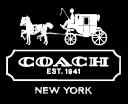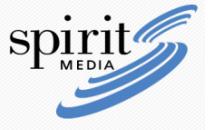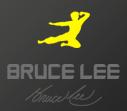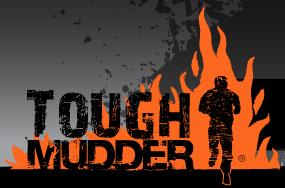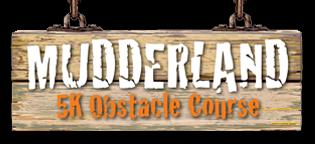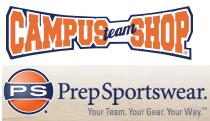Indianapolis, Indiana — Intellectual property lawyers for Master Cutlery, Inc. of Secaucus, New Jersey sued Pacific Solution Marketing, Inc. (“Pacific”) of Ontario, California alleging copyright and trademark infringement of three-dimensional artwork applied to knives. Master Cutlery seeks an injunction, damages, treble damages, statutory damages, profits, attorney’s fees and costs.
Founded 30 years ago, Master Cutlery has become the largest importer of knives in the United States. It asserts ownership of federal trademark, patent and copyright registrations for its knives, as well as common law trade dress rights (collectively, “Master Cutlery IP”). Among the rights that Master Cutlery claims are trademarks for the word marks “Sheriff” and “EMT” registered in Class 8 with the U.S. Trademark Office for knives.
Master Cutlery asserts that, after its use and registration of its various items of intellectual property, Pacific also began using the Master Cutlery intellectual property. It contends that Pacific has manufactured, produced, advertised and/or sold knives that infringe upon the Master Cutlery IP. It also asserts that Pacific has distributed advertisements and packaging bearing reproductions of Master Cutlery’s trademarks, trade dress and copyrights.
Master Cutlery sued alleging copyright infringement under the Copyright Act; federal trademark infringement, federal trademark dilution, false designation of origin and false advertising under the Lanham Act; common law trademark and copyright infringement; unfair competition; and theft and counterfeiting under Indiana state law. It further contends that this infringement was willful, intentional and done with the intent to confuse consumers. The complaint, originally filed in Indiana state court, was removed by a trademark attorney for Pacific on both the grounds of federal question and diversity of citizenship.
For its claims, Master Cutlery lists the following:
· Count I: Copyright Infringement Under 17 U.S.C. § 101 et seq.
· Count II: Federal Trademark Infringement Under U.S.C. § 1114
· Count III: Trademark Dilution Under 15 U.S.C. § 1125(c)
· Count IV: False Designation of Origin or Sponsorship, False Advertising and Trade Dress Infringement Under 15 U.S.C. § 1125(a)
· Count V: Common Law Trademark and Copyright Infringement
· Count VI: Unfair Competition
· Count VII: Theft Under Ind. Code § 35-43-4-2(a)
Master Cutlery asks for a permanent injunction enjoining infringement; that Pacific be required to deliver to Master Cutlery both unsold goods and goods already distributed or sold so that they can be destroyed; for compensatory damages; for treble damages or, alternatively, Pacific’s profits trebled; for statutory damages; and for attorneys’ fees and costs.
Practice Tip: Master Cutlery has included a count of felony theft under Indiana Code § 35-43-4-2(a) in its complaint. The extent to which intellectual property is “property” in the usual sense has been litigated several times recently in the Indiana appellate court, which has made it clear that criminal statutes often apply differently to an unlawful taking of intellectual property. For a discussion of two recent cases, see here and here.
 Indiana Intellectual Property Law News
Indiana Intellectual Property Law News


